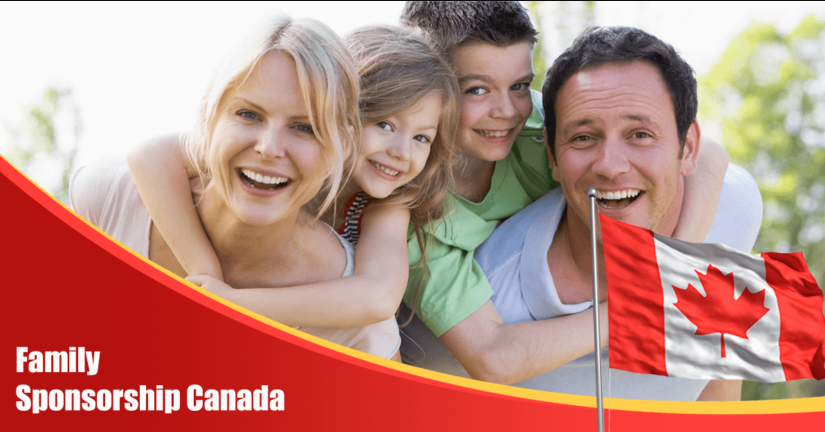If you are interested in sponsoring a family member, you may find it easier to apply for the program when you can prove your relationship to the beneficiary. You may be required to provide a copy of your Canada Revenue Agency-issued Notice of Assessment (NOA) to show your relationship. This article will answer the question: “Can I sponsor a family member?”

Sponsors must meet minimum income requirements
To become a sponsor, you must meet certain income requirements. There are minimum income requirements for sponsors who do not live in Quebec. Depending on the size of your family, you may be required to prove that you have a certain income. A good way to calculate your income is to look up the federal poverty guidelines and multiply it by three. That’s the minimum income required by the Family Class Sponsorship Program. You can also hire downtown immigration lawyer Toronto, who can help you with the whole visa process.
In order to apply for the Family Class program, you must meet the income requirements. These requirements are based on income levels in urban areas of 500,000 inhabitants. To qualify, your sponsor’s income must be at least 50% of the median income of that city. In some circumstances, the sponsor’s income may exceed this amount. Despite this requirement, the sponsor is still eligible to sponsor people in other categories. Depending on their income level, there are other income requirements to meet as well.
Sponsors must prove relationship to sponsor
Whether or not your family is considered a “family” is a key consideration in obtaining sponsorship. A sponsor must prove their relationship to their sponsored family member. The Sponsor must meet certain income requirements in order to qualify for Family Class sponsorship. For example, if your sponsor’s spouse is separated, you must provide proof of the separation. However, if your sponsor is still married, you can still co-sign your application.
A dependent child must live with their sponsor for at least 12 consecutive months. This includes the sponsorship application process. If the sponsor is not a permanent resident of Canada, a dependent child may be sponsored by a Canadian citizen abroad. To qualify, the sponsored relative must not be the sponsor’s own dependent child. The sponsored relative must also intend to return to Canada once the sponsor becomes a permanent resident.
Sponsors must provide Canada Revenue Agency-issued Notices of Assessment (NOA)
In order to qualify for a Family Class sponsorship, applicants must meet certain criteria. For example, they must be at least 18 years of age, a permanent resident of Canada, and earning enough to support their family. While this requirement is not required during the expression of interest phase, sponsors are required to provide updated evidence of their income. Alternatively, they can request updated evidence of their income at any time.
A Canada Revenue Agency-issued NOA must be provided for each family member in the sponsored applicant’s family. However, the NOAs must be valid for at least 3 years prior to the sponsorship application. The NOA must include the income of the sponsor’s spouse, common-law partner, or ex-spouse. In certain circumstances, it must also include the income of the sponsor’s father, if he was married to the applicant’s mother.
Can you sponsor a relative
Can you sponsor a relative in Family Class sponsorship Canada? is a common question posed to Canadian immigrants. The answer is yes, provided the relative is in the country and the sponsor is willing to support the relative financially. Sponsors do not need to have a Canadian address to sponsor a relative. However, they must not be married or in a common-law or conjugal relationship with the relative they wish to sponsor.
The requirements for family class sponsorship are different for sponsored children and grandchildren. Children of the sponsoring parents must be considered dependents, but children of common-law partners or separated spouses can also be sponsored. Sponsors and beneficiaries must meet the income requirements for each. Sponsors and dependents must provide proof of their financial status. Sponsors and dependents must sign all documents and accompanying documents. Sponsors and beneficiaries must submit copies of these documents as well as their personal details.